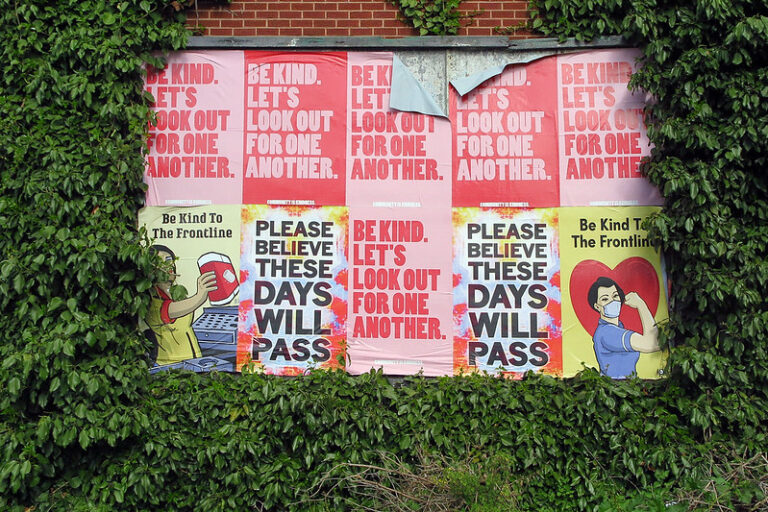The COVID-19 pandemic has exposed some of the most glaring inequalities within nations and across the globe. While the disruption caused by the pandemic has given rise to hopes for a cultural reset to address these structures of inequality—captured compellingly by Arundhati Roy in her vision of the pandemic as a portal—the sediments of inequality have proven hard to erode. In this contribution, I explore this regressive impulse by honing in on the affect of restraint. While restraint is not ordinarily characterized as such, in the pandemic it has been a defining feature of our lives. However, it was not afforded equally. I begin by showing how restraint has become racialized, serving as a political tool to suppress protests, notably Black Lives Matter. I then move to show how globally, too, there has been an imbalance in who is—and what countries are—expected to practice nonintervention, linking both domestic and international uses of restraint to these preexisting structures of inequality. I end by proffering a vision for how, despite all these obstacles, the pandemic has also offered ways to bypass the state and form new social formations.
Articles by Suzanne Enzerink
Suzanne Enzerink is an assistant professor of American Studies and Media Studies at the American University of Beirut. Her research and teaching focuses on transnational media circuits, sexuality, and race. Her work has appeared in or is forthcoming in publications including Feminist Formations, Verge, and Journal of Cinema and Media Studies. She is also currently co-editing a special issue of ASAP/Journal on the forever crisis.
